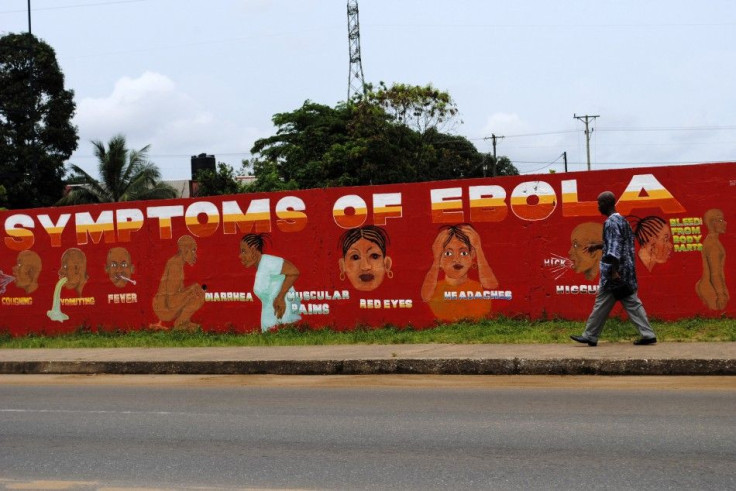Race to Find Ebola Cure Continues; US, France, Canada, UK Among Future Countries At Risk of Virus

An Ebola researcher leading an international effort to find a cure has turned to crowdfunding to raise money. Reports said Erica Ollman Saphire, a scientist at the Scripps Research Institute, is planning to use the funds to buy equipment to speed up her research. Saphire, who is also a professor of the Department of Immunology and Microbial Science, has appealed to the crowdfunding site www.crowdrise.com to help her raise $100,000 to add to the funding from the federal government.
LA Times has reported that 25 laboratories in seven countries have been sending the antibodies of Ebola survivors to Scripps so Saphire and other researchers at the institute can find the best combination to stop the virus. Saphire said scientists were racing against time to find the cure for Ebola.
Scientists are trying to solve the mystery of how Ebola blocks the immune system. Saphire said the additional funding would help her buy equipment to accelerate the work that's being done at the institute.
The World Health Organisation has called the Ebola outbreak the "most severe, acute health emergency seen in modern times." Saphire and her team of researchers is also working to help develop the ZMapp drug which was considered the most promising experimental drug to cure Ebola.
Meanwhile, the Ebola outbreak has caused panic in North America, Europe and Asia as the first three people outside of West Africa has been diagnosed with the virus. Reports said two Ebola patients werein Texas, U.S. while the other one is in Spain.
A group of researchers at the Laboratory for the Modeling of Biological and Socio Technical Systems at Northeastern University in Boston has projected the countries that are most at risk to Ebola by the end of October. The United States, France, United Kingdom, Canada and China were among the countries named. Their research is based on projections using a single imported case of Ebola and not an actual outbreak in the country.
The MOBS Lab researchers considered air travel and transport patterns in West Africa. Their report suggests projections can change depending on how much travel is restricted because of Ebola. Researchers note that severe travel restrictions to and from affected areas will result in a 3-4 weeks delay in the spreading of Ebola. Latest reports said more than 4,000 have died from the virus.





















